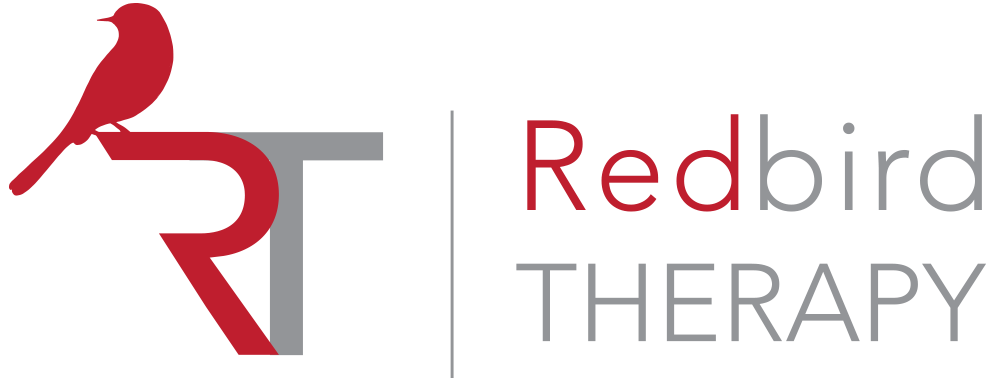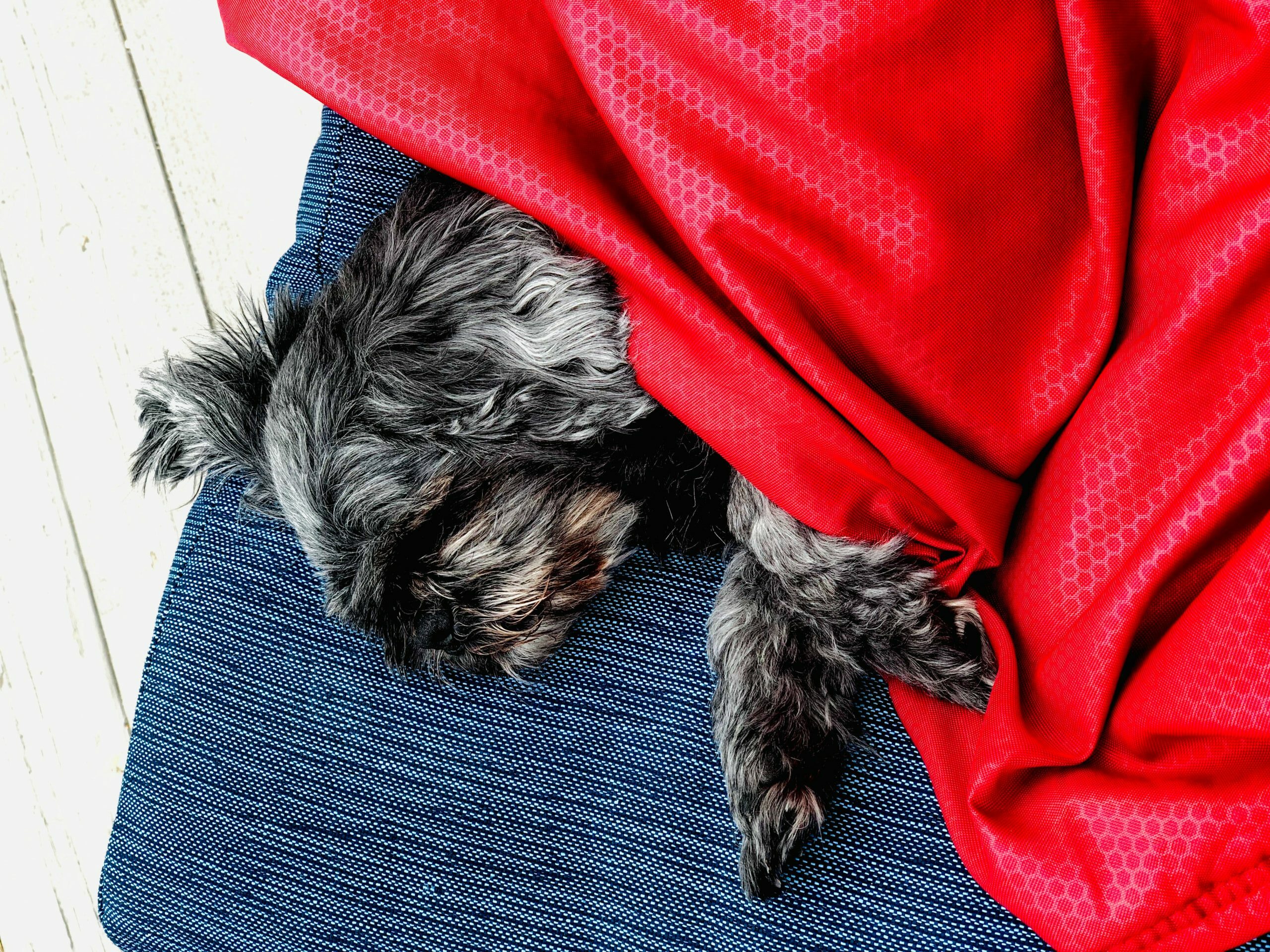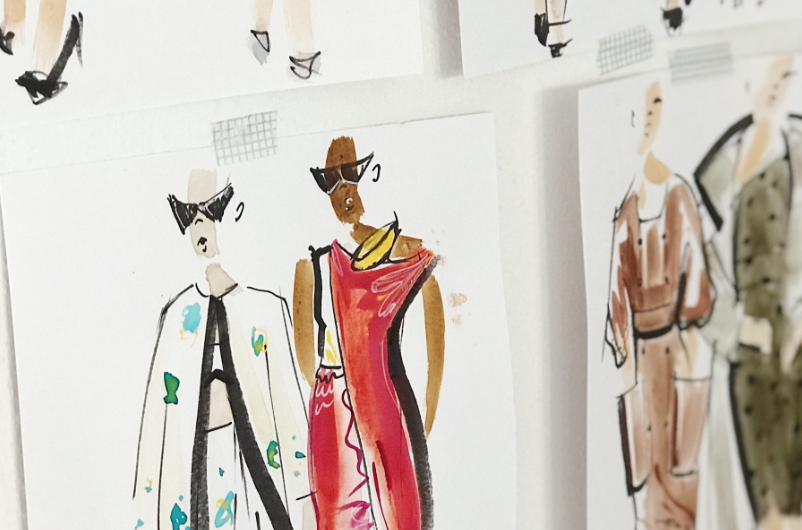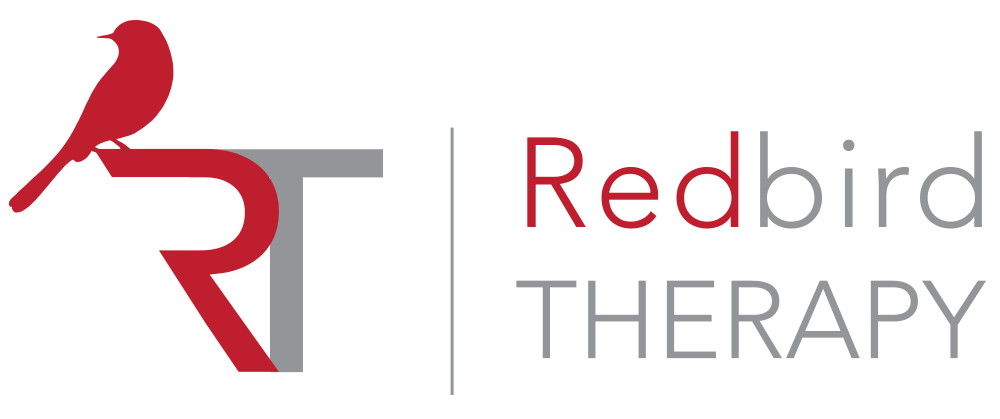By: Ann Rogerson, Registered Psychotherapist (Qualifying)
“Beach body ready” the caption reads as I scroll through social media. Seems the body based captions have once again emerged from their winter slumber. Am I beach body ready? I think. Wait. Was I influenced that easily? The answer is yes, and if you’re reading this, maybe you have been too. Unfortunately this is only one of numerous examples that I could use to illustrate how we all experience social pressures to conform to unrealistic body standards. Not surprisingly, when faced with unrealistic standards of beauty, we may start to feel down on ourselves for how we perceive our body. Perhaps we experience unpleasant feelings towards our body too – shame, embarrassment, disgust, anger, or sadness.
These two components 1) how we visualize our body and 2) how we feel about our body are what make up body image (Slade, 1994). Given the kind of pressures we experience day to day on social media, from family or friends, and with diet culture, most of us have experienced poor body image at some point in time.
If you’ve experienced poor body image you can likely relate to some of the harmful impacts; unhealthy eating habits, excessive exercise, low esteem, depression, as well as disorders such as body dysmorphia. It’s no wonder researchers such as Dittmar (2009) suggest that, “body image is a core aspect of physical and mental wellbeing” (p.2).
Now that we’ve defined body image and potential harmful effects of poor body image, you might be wondering “well, how can I go about actually improving my body image?”. That’s what this blog series is all about.
To guide this blog series, we will follow research by Avalos et al. (2005), and Menzel & Levine (2011) who similarly suggest that positive body image includes the following components:
- Acceptance and appreciation of the body
- Understanding the needs of your body and attending to them, and
- Being aware of and dismissing unrealistic body standards.
As you can probably guess, one blog simply isn’t enough to appropriately highlight each of three components. We’re going to take it component by component, with each new blog highlighting one aspect of positive body image and how you can practice it.
In addition to a blog series, we’re also going to host 4 virtual workshops where we will meet as a group to discuss and explore the components of positive body image. A registration form and dates will be available soon on our website. If you’re looking for a welcoming and non-judgemental community to explore positive body image, you’re in the right place.
Note: There are numerous tools and interventions available when it comes to working with body image – what works for one may not work for another. Like any new relationship, developing a healthy relationship with how you perceive and feel about your body can take time. For professional, tailored support, we invite you to reach out to a therapist here at Redbird Therapy.
References
Avalos, L., Tylka, T. L., & Wood-Barcalow, N. (2005). The Body Appreciation Scale: Development and psychometric evaluation. Body Image, 2, 285–297.
Dittmar. (2009). How Do “Body Perfect” Ideals in the Media Have a Negative Impact on Body Image and Behaviors? Factors and Processes Related to Self and Identity. Journal of Social and Clinical Psychology, 28(1), 1–8. https://doi.org/10.1521/jscp.2009.28.1.1
Slade. (1994). What is body image? Behaviour Research and Therapy, 32(5), 497–502. https://doi.org/10.1016/0005-7967(94)90136-8
Menzel, J. E., & Levine, M. P. (2011). Embodying experiences and the promotion of positive body image: The example of competitive athletics.








